
Strategos of the Twittercon. Degrees in Prehistoric & Roman Archaeology, & Law. Enjoyer of Roman & Medieval history.
7 subscribers
How to get URL link on X (Twitter) App

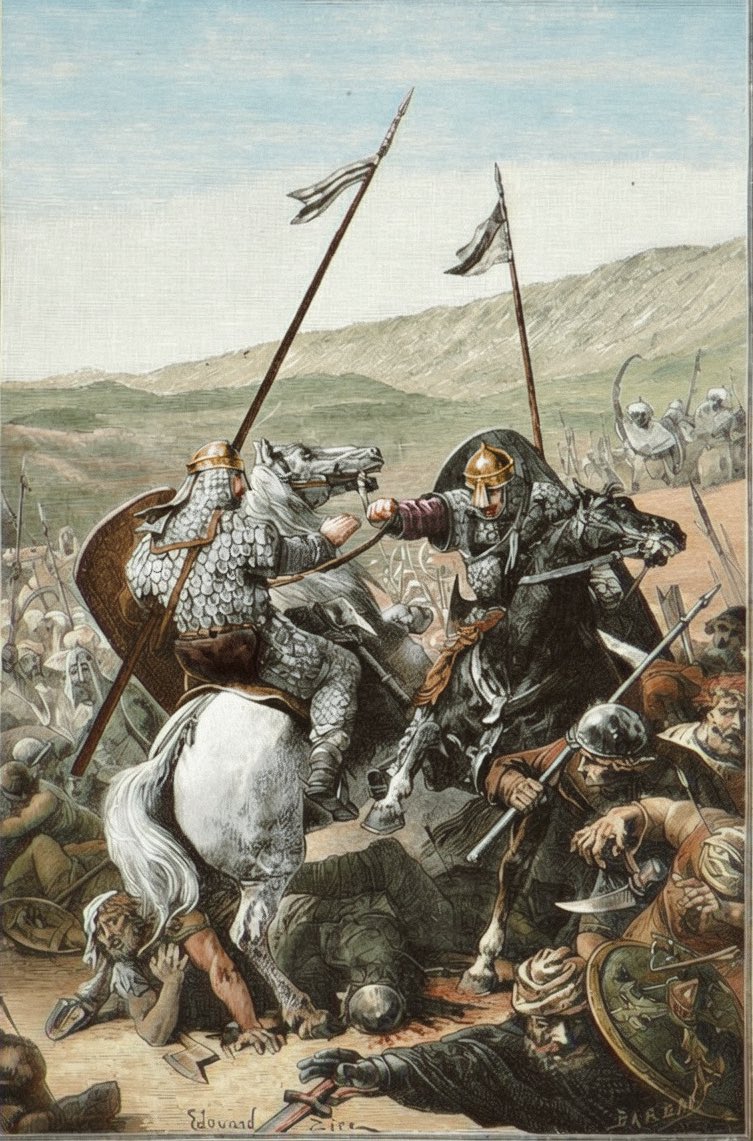
 • c. AD 1054:
• c. AD 1054: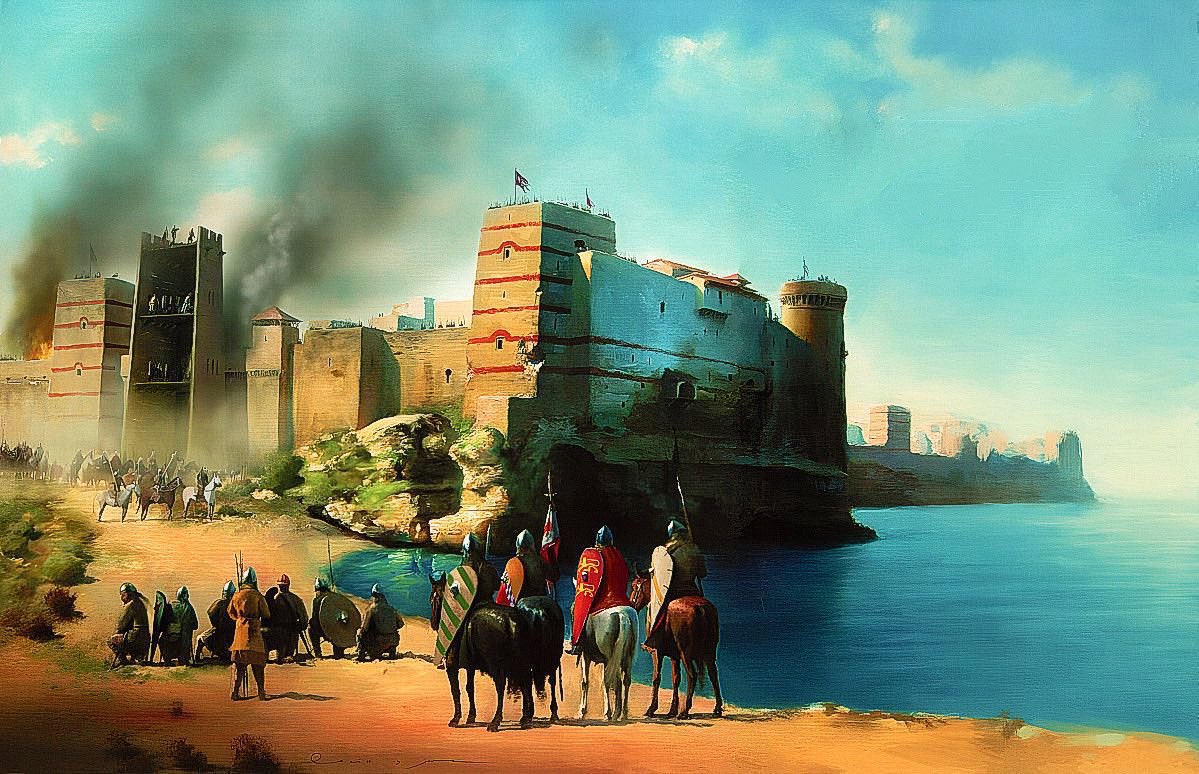
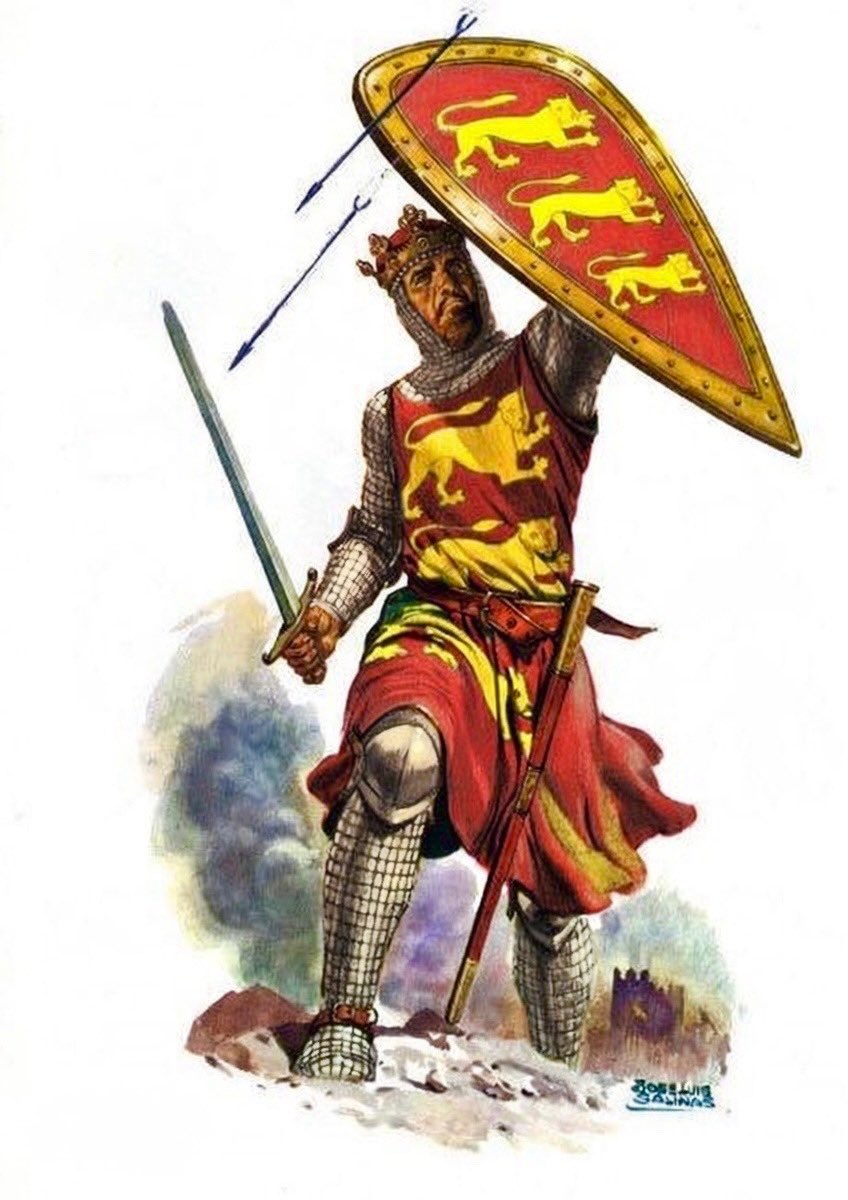
 In 1260 the Mamluks won a startling victory over the invading Mongols and the Mamluk general Baibars seized power and began conquering the Christian cities of the Holy Land.
In 1260 the Mamluks won a startling victory over the invading Mongols and the Mamluk general Baibars seized power and began conquering the Christian cities of the Holy Land. 

 • 357 BC:
• 357 BC: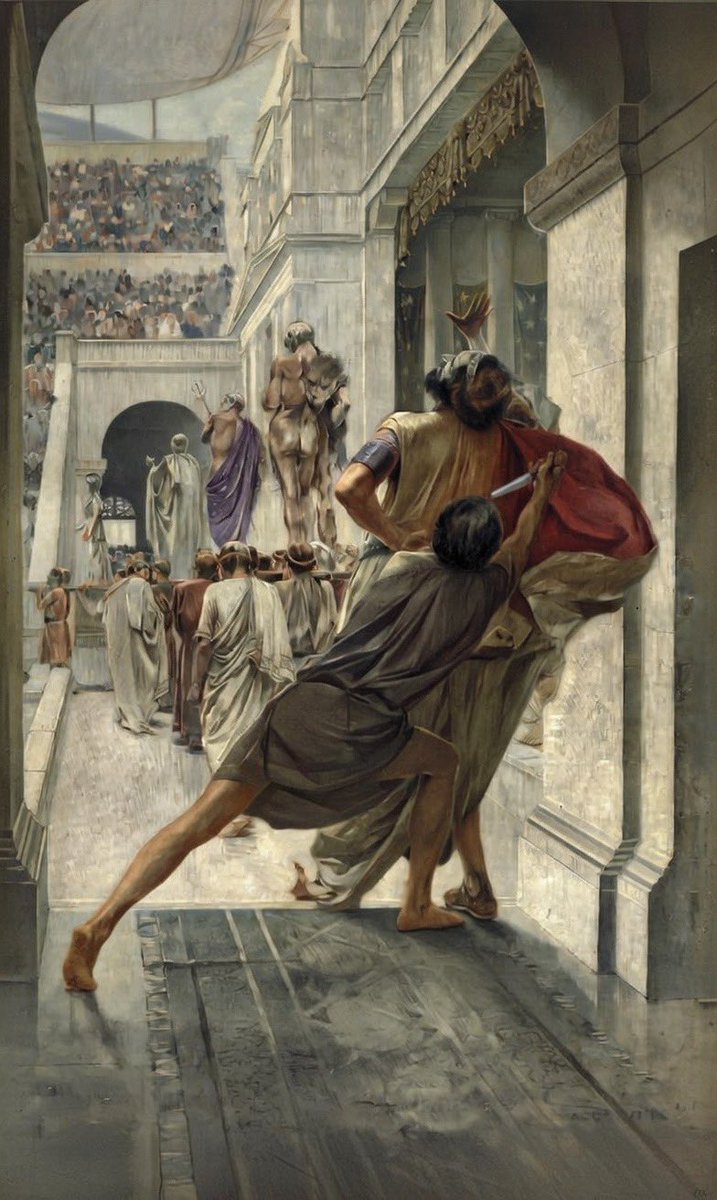
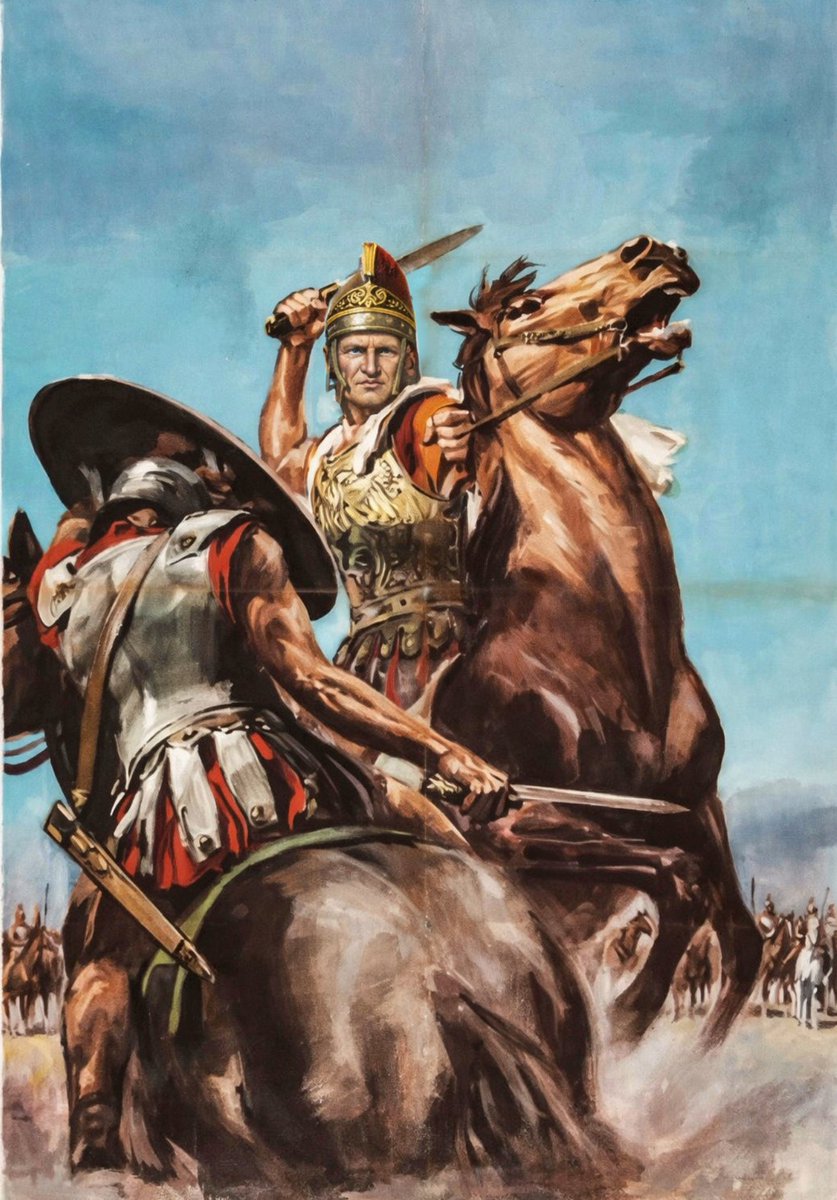
 When he was consul in 63 BC, Cicero famously foiled a conspiracy by Lucius Sergius Catilina to seize power in Rome.
When he was consul in 63 BC, Cicero famously foiled a conspiracy by Lucius Sergius Catilina to seize power in Rome. 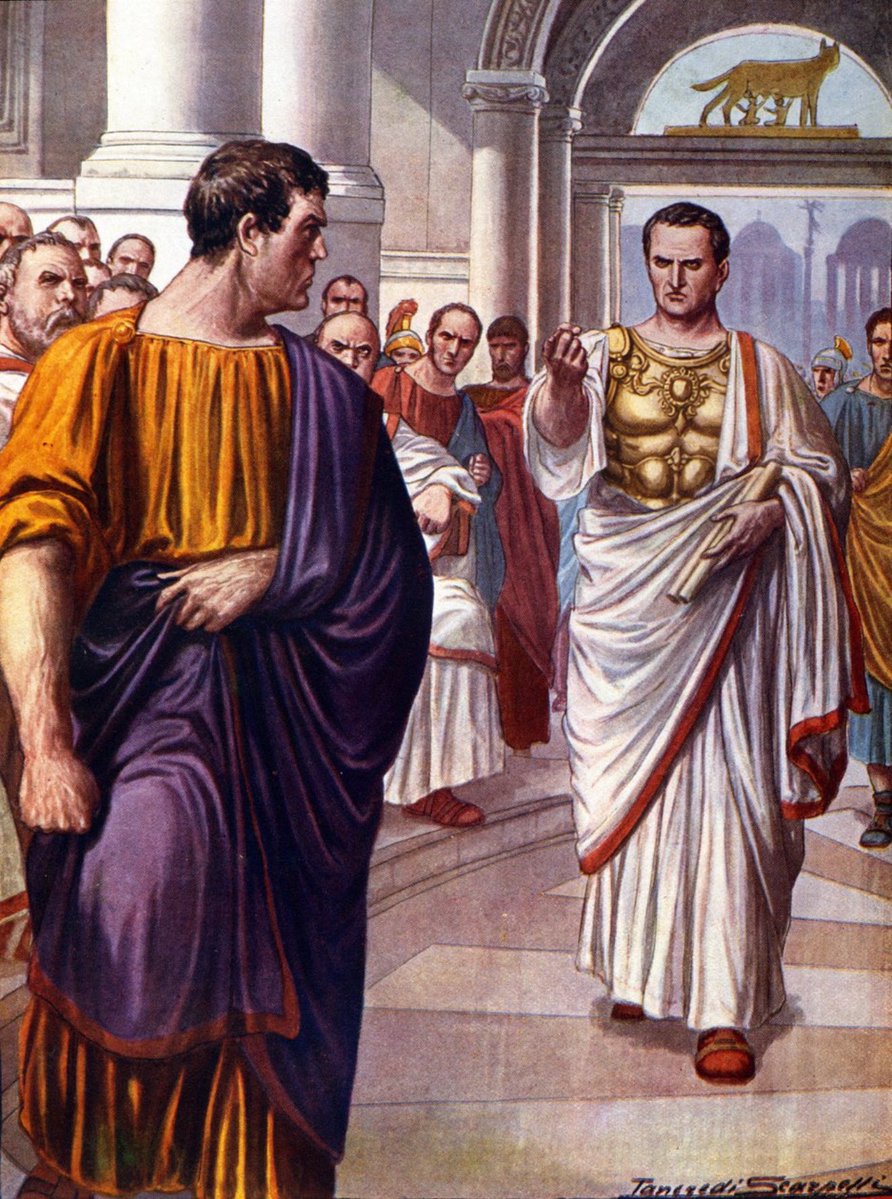
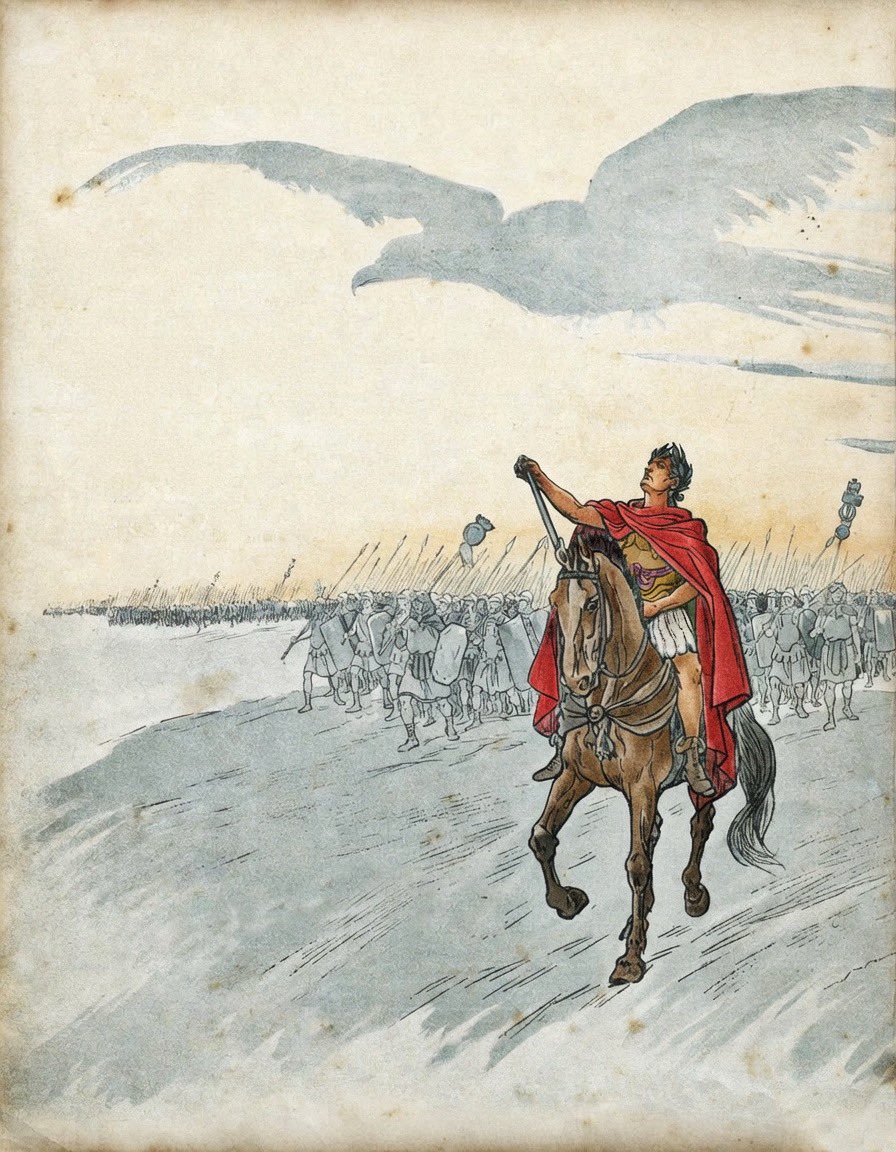
 The Roman Republic had fallen into vicious cycle of corruption, violence, and political instability. In the mid-1st century BC the three most powerful men were Julius Caesar, Pompey Magnus, and Marcus Licinius Crassus.
The Roman Republic had fallen into vicious cycle of corruption, violence, and political instability. In the mid-1st century BC the three most powerful men were Julius Caesar, Pompey Magnus, and Marcus Licinius Crassus. 
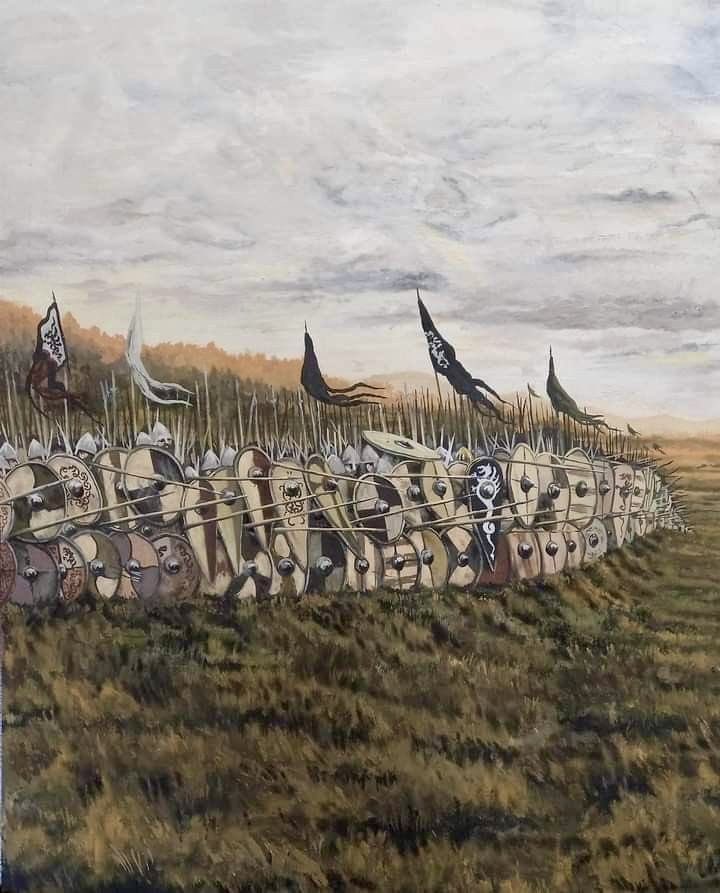
 By 870 the Vikings ‘of hateful memory’ had stormed into England and conquered Northumbria and East-Anglia!
By 870 the Vikings ‘of hateful memory’ had stormed into England and conquered Northumbria and East-Anglia!
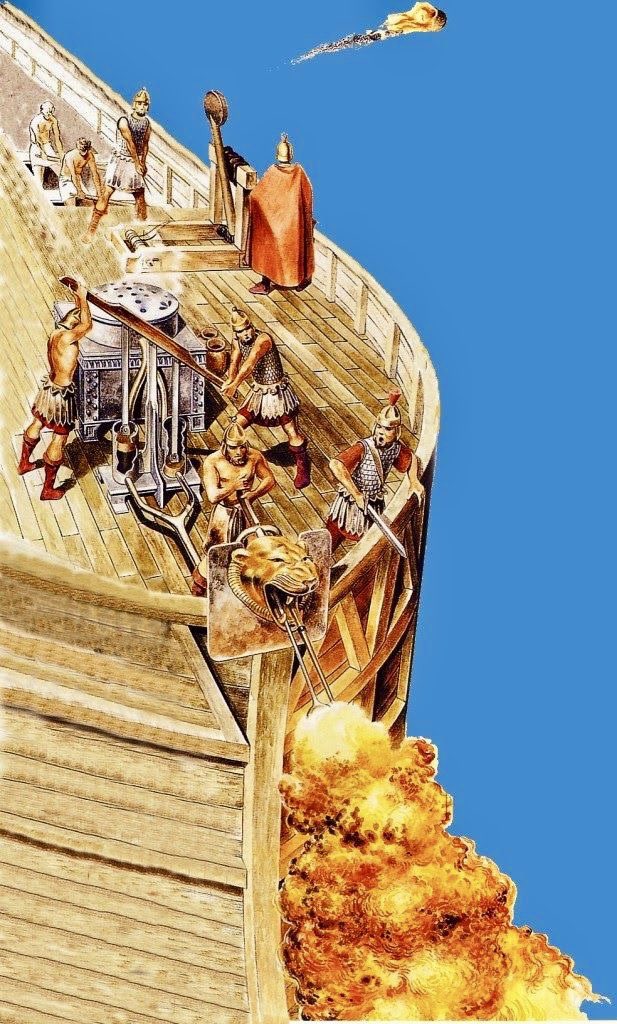
 In AD 692 the Roman Emperor Justinian convened the Quinisext Council to clarify the rulings of the Fifth and Sixth Ecumenical Councils.
In AD 692 the Roman Emperor Justinian convened the Quinisext Council to clarify the rulings of the Fifth and Sixth Ecumenical Councils. 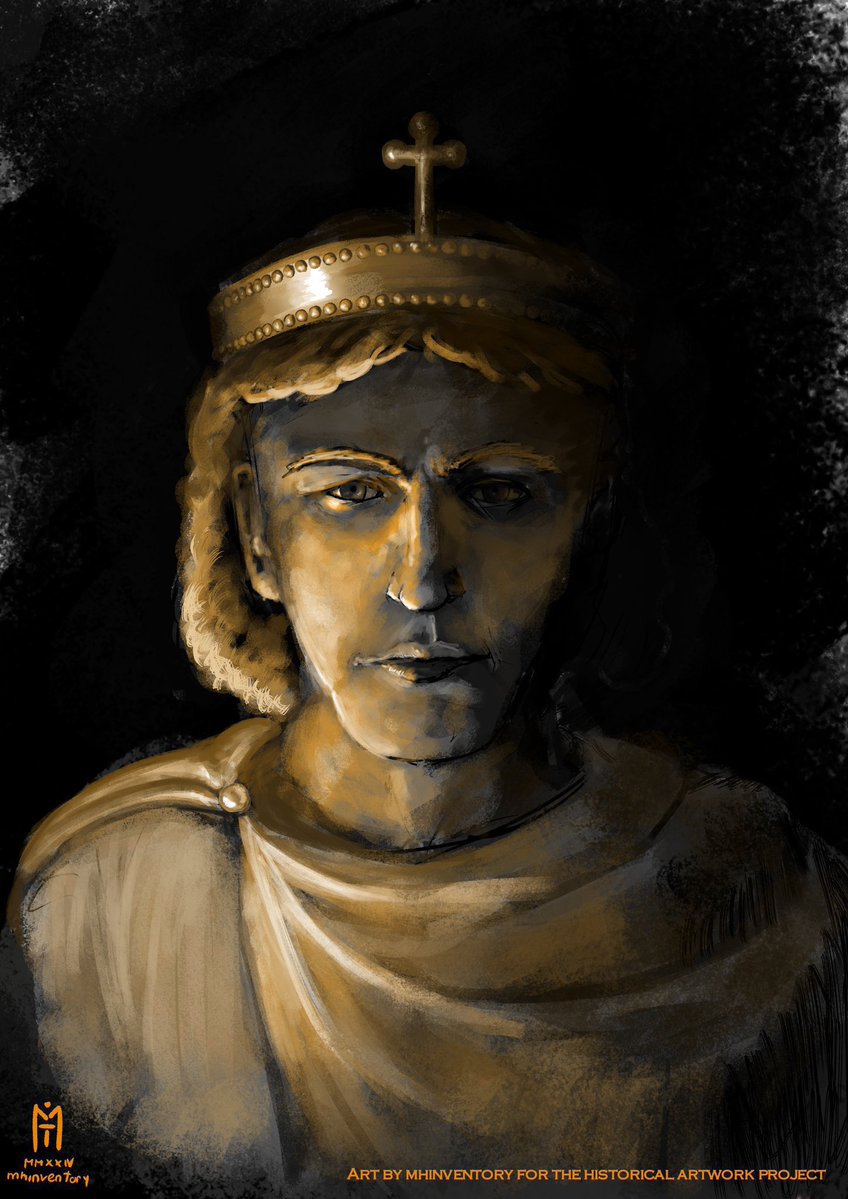




 .@HeraldOfRome covers the history of the Roman Empire with a focus on politics, identity and the nature of power in the Roman state.
.@HeraldOfRome covers the history of the Roman Empire with a focus on politics, identity and the nature of power in the Roman state. 



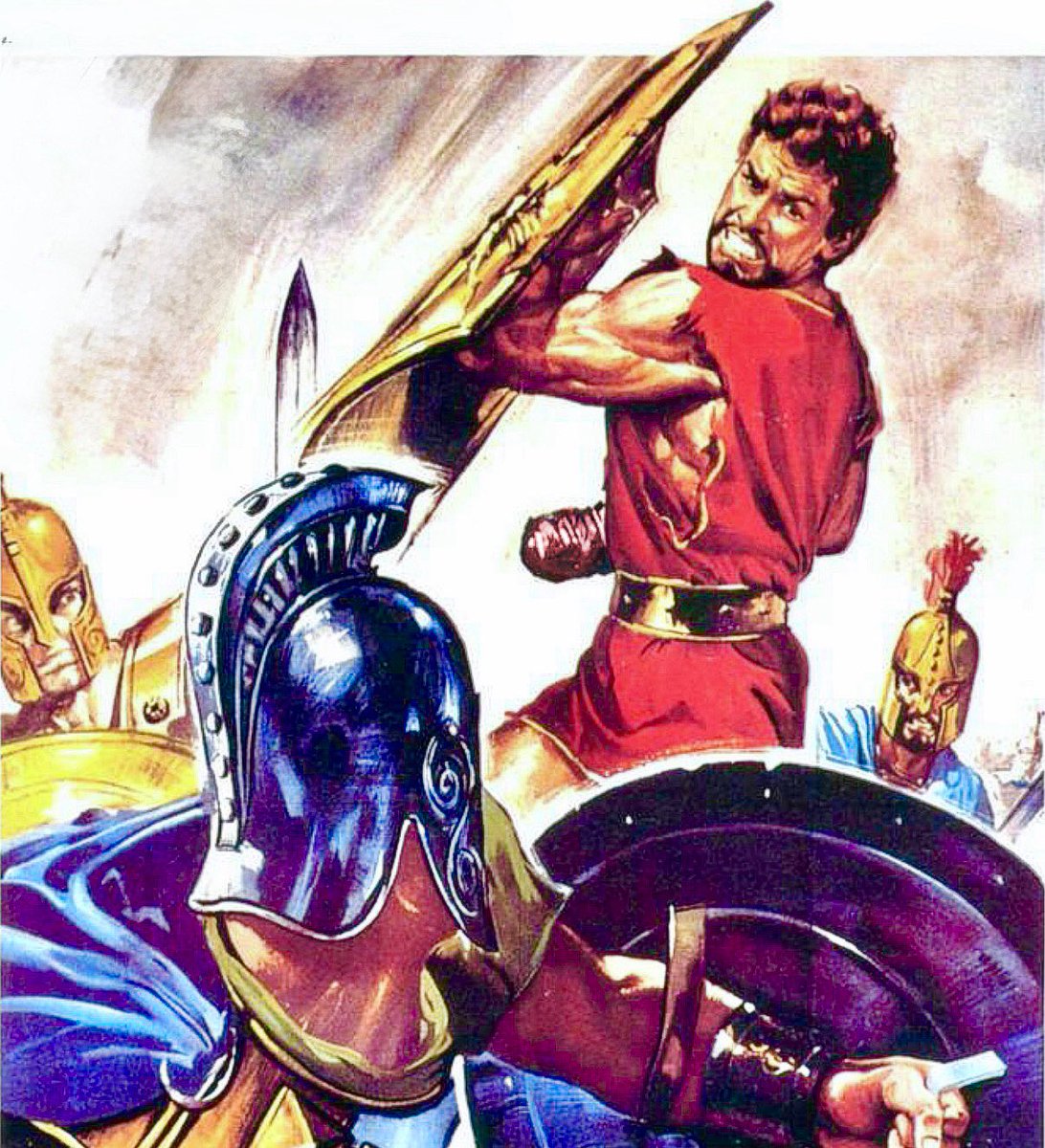
 • Cassius Scaeva •
• Cassius Scaeva •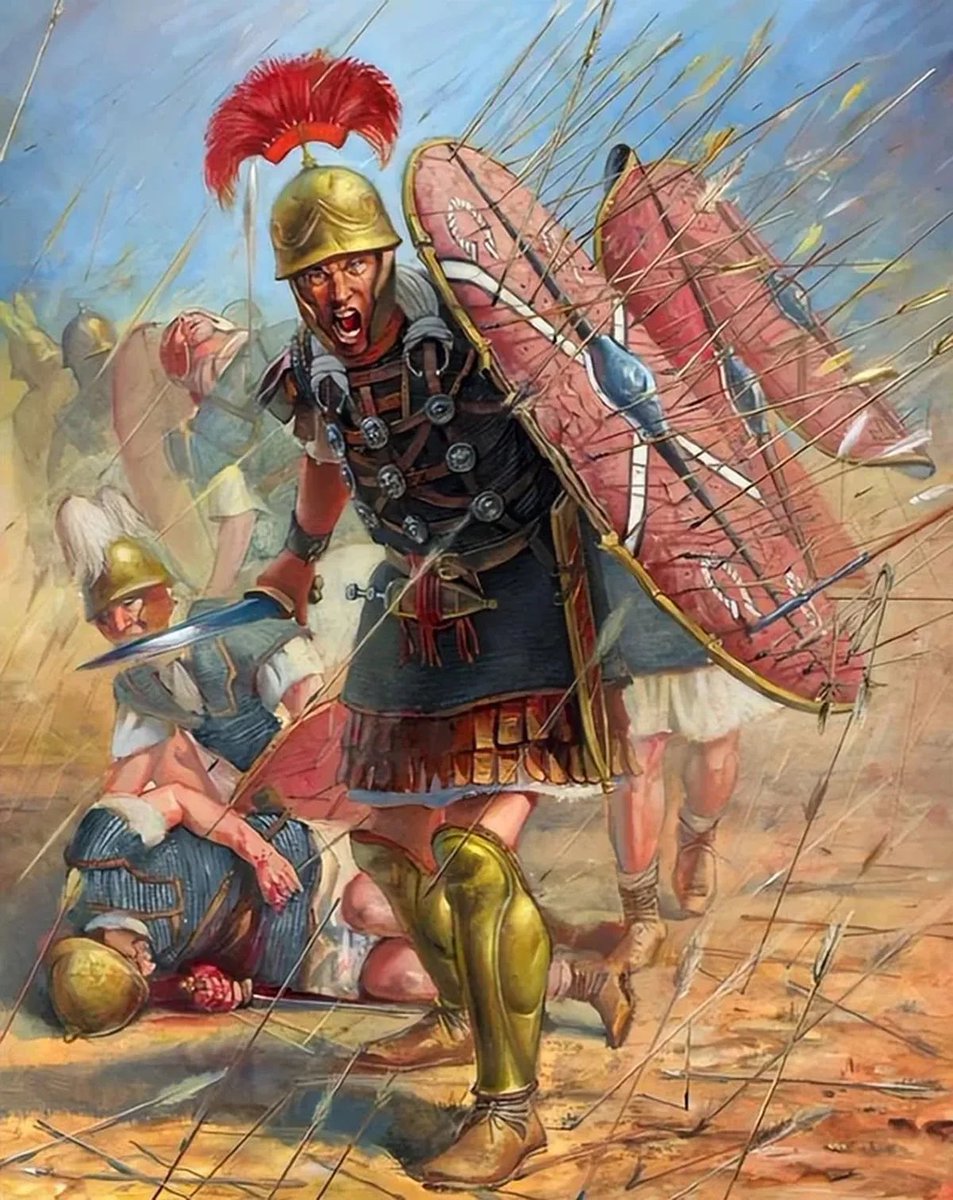

 • Jihad •
• Jihad •

 By the start of the 7th century the empire had been struck by plague in 542, 558, 573, 586, and 599 and the emperor Maurice was tirelessly campaigning against the Slavs and Avars in the Balkans, having won respite against the Persians by intervening to aid the Shah Khusrow II when he was ousted.
By the start of the 7th century the empire had been struck by plague in 542, 558, 573, 586, and 599 and the emperor Maurice was tirelessly campaigning against the Slavs and Avars in the Balkans, having won respite against the Persians by intervening to aid the Shah Khusrow II when he was ousted. 

 The glory of those mightiest of Christian warriors who stormed Jerusalem in AD 1099 had long since faded and the power of the Kingdom of Jerusalem was shattered long before 1291 when the Muslims gathered outside Acre, the last stronghold of Christendom in the Holy Land.
The glory of those mightiest of Christian warriors who stormed Jerusalem in AD 1099 had long since faded and the power of the Kingdom of Jerusalem was shattered long before 1291 when the Muslims gathered outside Acre, the last stronghold of Christendom in the Holy Land. 

 • The Earliest Times •
• The Earliest Times •

 Rome had emerged the dominant power on the Italian peninsula after many gruelling years of warfare which saw the Samnites defeated and alliances made with the Greek cities of Southern Italy.
Rome had emerged the dominant power on the Italian peninsula after many gruelling years of warfare which saw the Samnites defeated and alliances made with the Greek cities of Southern Italy.

 The Fabii claimed descent from Hercules and it is ironic that their least warlike son was to be their greatest member.
The Fabii claimed descent from Hercules and it is ironic that their least warlike son was to be their greatest member. 

 In the late 6th century, the Roman Empire faced major threats from three directions; the Persians in the east, the Lombards in Italy, and threat of the Avar and Slavic peoples who had recently arrived in the Balkans. To make matters worse, the empire had been struck by outbreaks of plague
In the late 6th century, the Roman Empire faced major threats from three directions; the Persians in the east, the Lombards in Italy, and threat of the Avar and Slavic peoples who had recently arrived in the Balkans. To make matters worse, the empire had been struck by outbreaks of plague 

 Imperial legitimacy was shattered upon the death of the Emperor Nero and the end of the Julio-Claudian dynasty in AD 68. Once it was seen that one man could revolt and take power, other men wanted to do the same.
Imperial legitimacy was shattered upon the death of the Emperor Nero and the end of the Julio-Claudian dynasty in AD 68. Once it was seen that one man could revolt and take power, other men wanted to do the same.

 • 𝐓𝐡𝐞 𝐂𝐫𝐢𝐬𝐢𝐬 𝐨𝐟 𝐭𝐡𝐞 𝐓𝐡𝐢𝐫𝐝 𝐂𝐞𝐧𝐭𝐮𝐫𝐲 •
• 𝐓𝐡𝐞 𝐂𝐫𝐢𝐬𝐢𝐬 𝐨𝐟 𝐭𝐡𝐞 𝐓𝐡𝐢𝐫𝐝 𝐂𝐞𝐧𝐭𝐮𝐫𝐲 •

 The castle at Guînes was strong and well fortified and located just six miles south of Calais which had been taken by the English and successfully defended in 1350 from an attempt of the French knight Geoffroi de Charny to sneak a force in.
The castle at Guînes was strong and well fortified and located just six miles south of Calais which had been taken by the English and successfully defended in 1350 from an attempt of the French knight Geoffroi de Charny to sneak a force in. 

 In 602 the Roman army rebelled against the emperor Maurice chose Phocas, a senior military officer, as their emperor, they marched in Constantinople and killed Maurice and five of his sons.
In 602 the Roman army rebelled against the emperor Maurice chose Phocas, a senior military officer, as their emperor, they marched in Constantinople and killed Maurice and five of his sons. 

 William the Conqueror had three surviving sons; Robert Curthose, William Rufus, and Henry Beauclerc.
William the Conqueror had three surviving sons; Robert Curthose, William Rufus, and Henry Beauclerc.